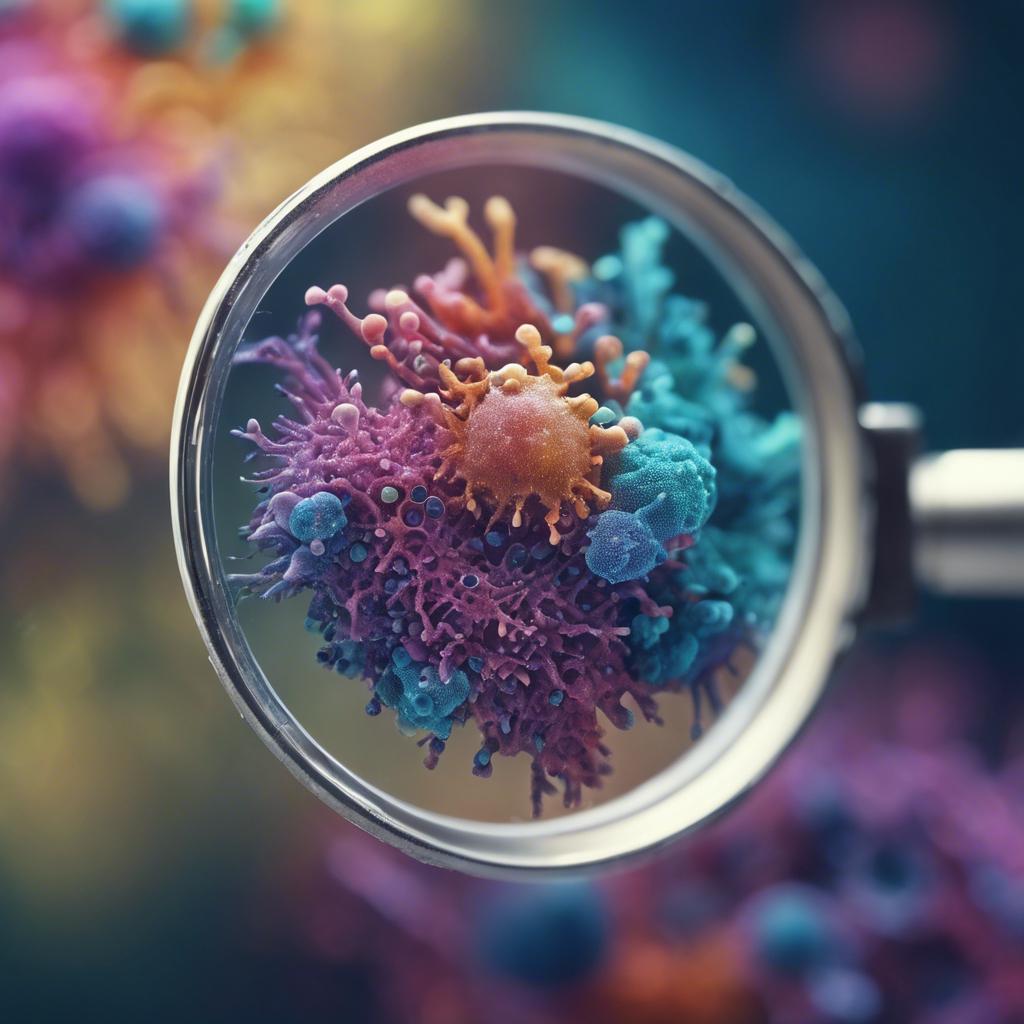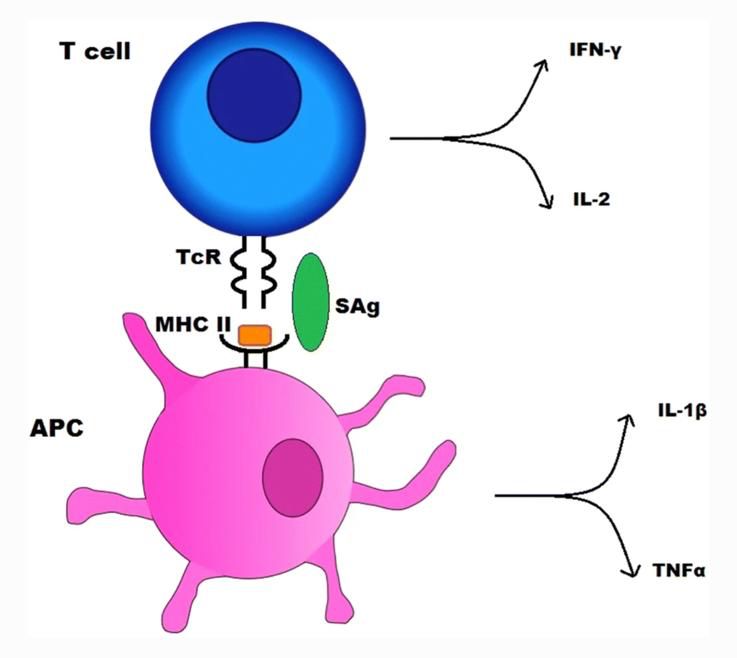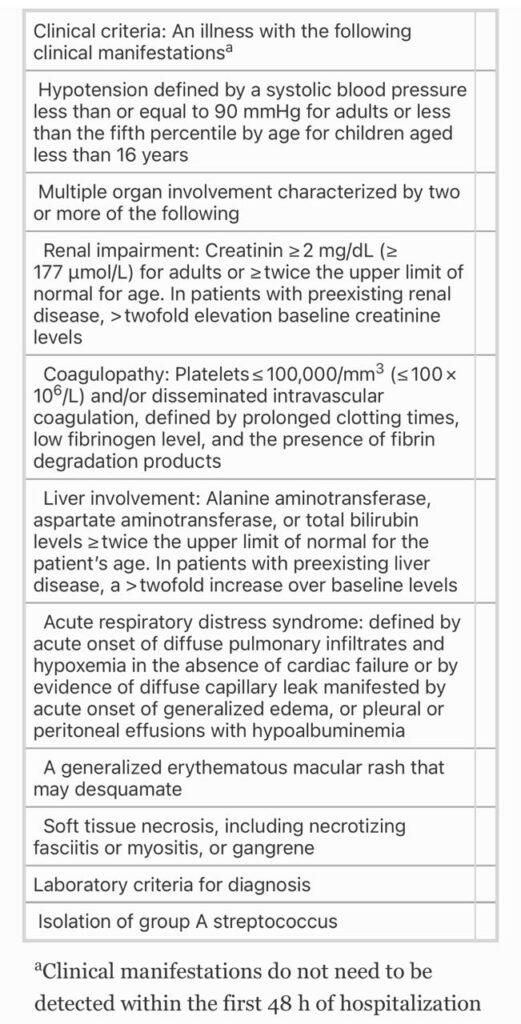22/06/2024
22/06/2024
Kuwait City, June 22: Japan experiences a record-breaking outbreak of a lethal bacterial infection. Streptococcal toxic shock syndrome (STSS) has recently been causing concern. In an exclusive interview with Dr. Rajesh Rajan, a senior cardiologist and esteemed figure in the field of cardiovascular health, insightful recommendations were shared regarding STSS. Dr. Rajan shed light on the causes, management, and precautions necessary to prevent the spread of this potentially life-threatening infection.

STSS is a rare but extremely serious bacterial infection that can quickly become a medical emergency. It occurs when Group A Streptococcus bacteria spread into deep tissues and the bloodstream. The initial symptoms of STSS often include fever, chills, muscle aches, nausea, and vomiting. Within 24 to 48 hours, low blood pressure, organ failure, rapid heart rate, and rapid breathing can develop. Signs of organ failure may include decreased urine output, excessive bleeding or bruising, and yellowing of the skin and eyes.
Seek immediate medical attention if you experience any symptoms of STSS. Timely intervention is necessary to prevent complications and increase the chances of recovery.

STSS often leads to complications such as organ failure and the need for surgical removal of infected tissues or limbs. While anyone can develop STSS, certain factors increase the risk, including age (especially adults aged 65 or older), open wounds or injuries that break the skin, underlying health conditions such as diabetes or alcohol use disorder, and exposure to Group A strep bacteria.
STSS is primarily caused by Group A Streptococcus bacteria. While it is rare for someone with STSS to spread the infection to others, less severe Group A strep infections can potentially lead to STSS. To prevent STSS and Group A strep infections, it is important to maintain good hygiene practices, promptly treat open wounds, and avoid close contact with individuals who have active strep infections.
Diagnosing STSS involves various tests, including blood and other sample collections to detect Group A strep infection. Additionally, healthcare providers assess organ functionality through specific tests. A confirmed diagnosis of STSS requires the presence of a Group A strep infection, low blood pressure, and dysfunction in two or more organs.

The treatment of STSS involves administering antibiotics to combat the bacterial infection. Hospitalization is necessary for individuals with STSS, as they often require intravenous fluids and other interventions to manage shock and organ failure. Surgical intervention may also be necessary to remove infected tissues.

Streptococcal toxic shock syndrome is a rare but potentially life-threatening infection that requires immediate medical attention. Recognizing the symptoms, understanding the risk factors, and seeking prompt treatment can significantly improve outcomes. Additionally, practicing good hygiene and taking preventive measures can reduce the risk of contracting Group A strep infections. It is advisable to consult with healthcare professionals for personalized advice and treatment options when dealing with any medical concerns.

Dr. Rajesh Rajan is a renowned Indian cardiologist at Al Amiri Hospital Kuwait and holds prestigious positions as the current President of the Association of MD Physicians and the Managing Editor of the esteemed Annals of Clinical Cardiology Journal by Wolters Kluwer. His contributions to the medical community are highly regarded, and he has been honored with Fellowships from esteemed institutions such as the Royal College of London, Edinburgh, Ireland, and Glasgow. Dr. Rajan's expertise and commitment to cardiovascular health are evident through his groundbreaking research and recognition as a Fellow of the American College of Cardiology, the European Society of Cardiology, American Society of Echocardiography and the American Heart Association.


